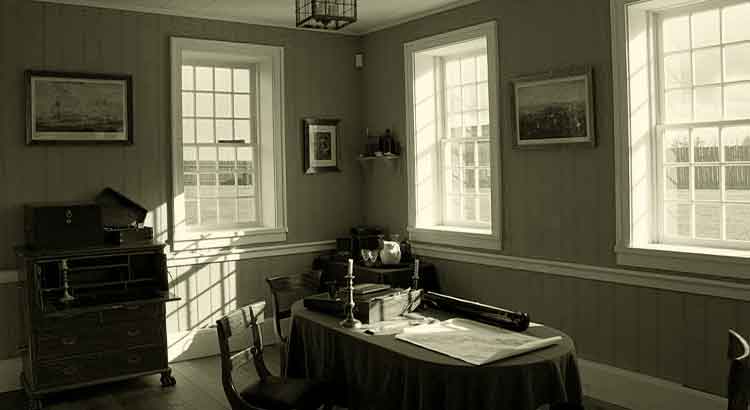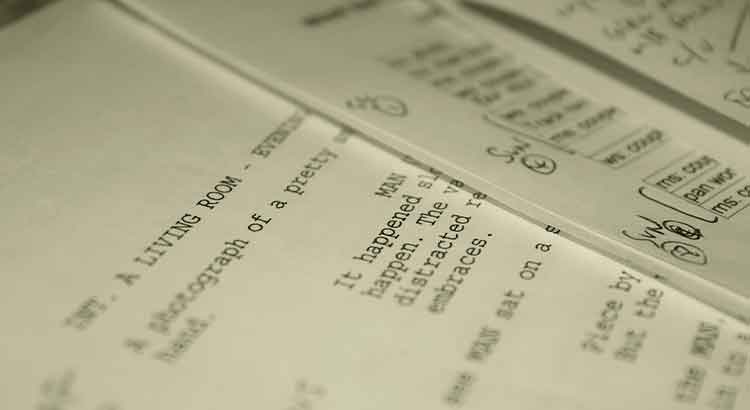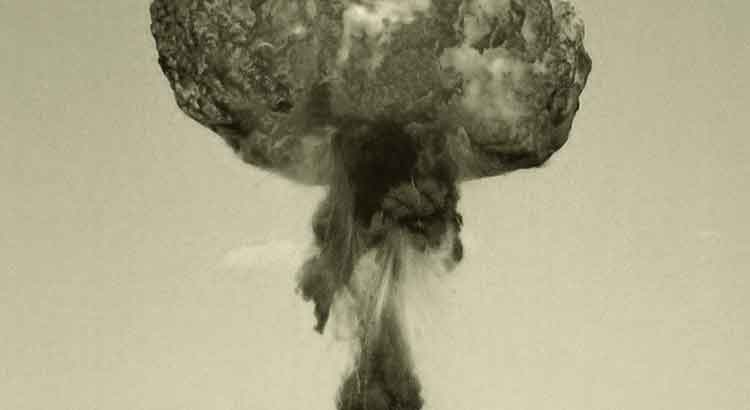Determinism is repugnant. In all its innumerable manifestations, it always presents itself in a mediocre and infamous aspect. However, there are things that cause astonishment. For example, the men of letters. To glimpse all the conjuncture they face, and still dedicate a life to the construction of a work… Deprivation, renunciation, anguish, humiliation… And there they are, overcoming obstacles, with an unjustifiable determination, facing a horizon free of any compensation, working day after day. The explanation only lies in a kind of duty, incomprehensible to most, and which exceeds the rational sense. Individual motivation may well lead to insanity, as long as it abstains from the use of reason. It is hard not to say about these men that they are stimulated by something that goes beyond them…
Tag: writing
A Movie Script Worths Its Structure
In an untimely manner, I set out again to write film scripts. The work of the moment, which was beginning to crawl, is interrupted. And I do not know what to feel. Perspectives, I have few, whatever I am creating. But the ease of spitting out pages of screenplay jumps out when compared to the agony of literary creation. The screenwriter sees his work progress, every day, and finds manifest satisfaction. A screenplay, in fact, worths its structure, its effectiveness in distributing scenes within a predefined format, and its strength in exposing a dramatic arc. The screenwriter works on the structural demarcation of the text: he defines the conflict, its progression through the plot, and its ending; then he distributes it into scenes, with positioning and length following the dramatic arc and the format of the work. Then it is just a matter of formalizing, or rather, transforming the diagram into text. With well-defined characters, the dialogues spring up with amazing ease, in infinite variations. Of course, they are to a great extent adaptable, replaceable: the script, which is nothing but the outline of a work, worths its outline itself. And I, from being an artist, return to the role of a diagrammer.
The Explosion of an Unbearable Inner Conflict
As opposed to the representation of external phenomena, I perceive great art as the explosion of an unbearable inner conflict. That is to say: the artist prints what torments him or the object of his insatiable desire. Psychological obsessions, feelings that attack him violently… the great art is the consequence of an inner war. Exactly because of that, it rarely presents itself as pleasant. Intensity has nothing to do with peace…
____________
Read more:
Laughing at What Causes Anger…
I am delighted to note my disagreements with the language police, which, like the customs police, claim to be the lady of reason. I find it amusing and I am proud of my rebellion. I feel close to the crucified artists who have always aroused my admiration…
____________
Read more:



